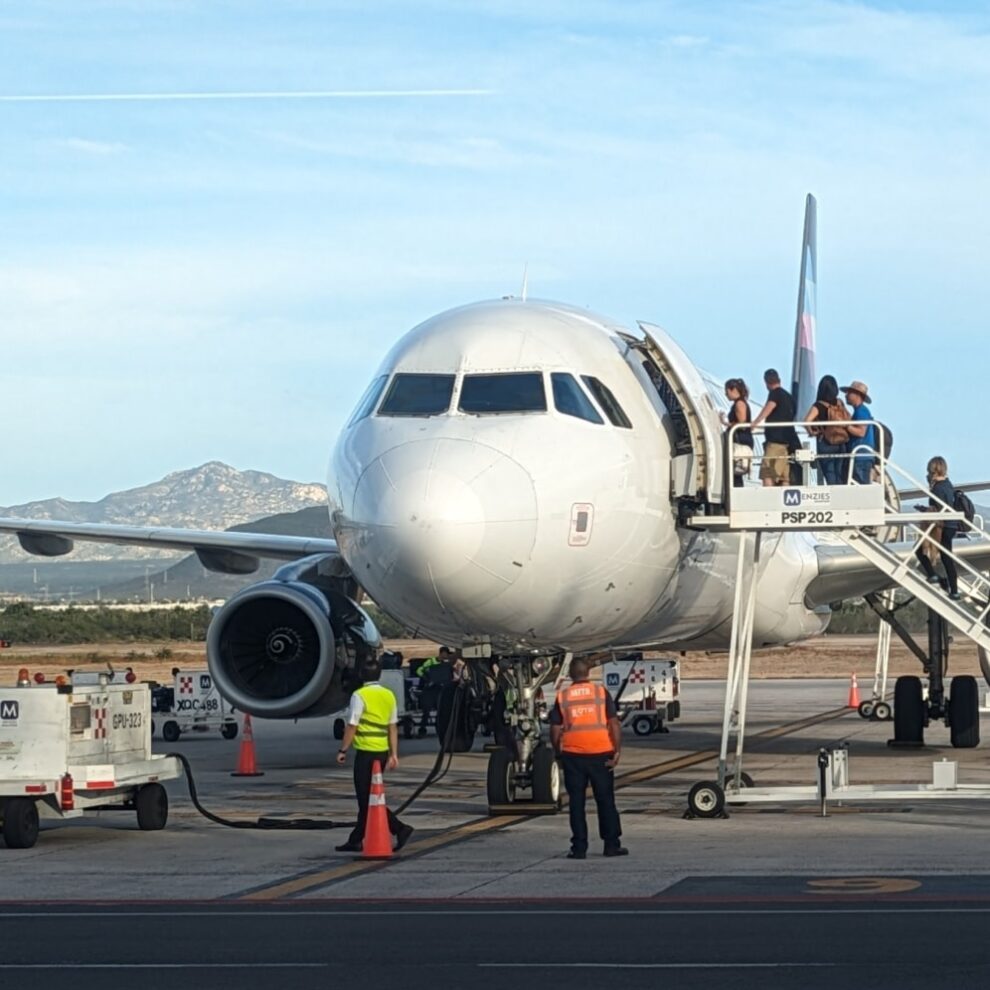
Get Ready for Risk-Based IOSA
Knowledge / February 11, 2024
From One-Size-Fits-All to Tailored Efficiency
Streamlined Efficiency: Key Benefits of Risk-Based IOSA for Airlines
Reduced audit scope: By focusing on critical standards, airlines can save valuable time and resources.
Remote documentation review: This streamlines the audit process and minimizes disruptions to airline operations.
Maturity assessment: This approach goes beyond mere compliance, evaluating the effectiveness and maturity of an airline’s safety management systems (SMS) and operational practices.
Improved audit methods: Risk-Based IOSA utilizes new and improved audit techniques, such as sampling, for a more comprehensive assessment.
Enhanced reporting: The new audit reports will be more informative and actionable, providing airlines with valuable insights for continuous improvement.
Shorter onsite audit phase: Airlines can expect shorter and more focused onsite audits, minimizing disruption to their operations.
More than 80 IOSA-certified Airlines rely on iQSMS in their daily operation.
A Phased Approach: Taking Flight with Risk-Based IOSA in 2024
Beyond Compliance: The Focus on Maturity in Risk-Based IOSA
Conformity: The airline meets the minimum requirements of the IOSA standards.
Established: The airline has implemented effective SMS and operational practices that go beyond the minimum requirements.
Mature: The airline consistently demonstrates excellence in safety management and operations.
Leading: The airline is a recognized leader in safety and innovation, setting the benchmark for the industry.
The Maturity Assessment is conducted through a combination of document review, interviews with personnel, and observation of operational practices. This holistic approach provides a deeper understanding of an airline’s safety culture and its ability to manage risks effectively.
Preparing for Success: How iQSMS Can Help Airlines Ace Risk-Based IOSA
Here’s what you can expect from iQSMS:
Compliance with both current and future IOSA standards: iQSMS remains compliant with the current IOSA ISM 16 and will be updated to reflect the new ISM 17 standards at release.
Maturity assessment capabilities: iQSMS can be used to track and measure an airline’s progress towards achieving higher levels of maturity in its SMS and operational practices.
For additional information, visit the risk-based IOSA website from IATA: https://www.iata.org/en/programs/safety/audit/iosa/risk-based-iosa/










